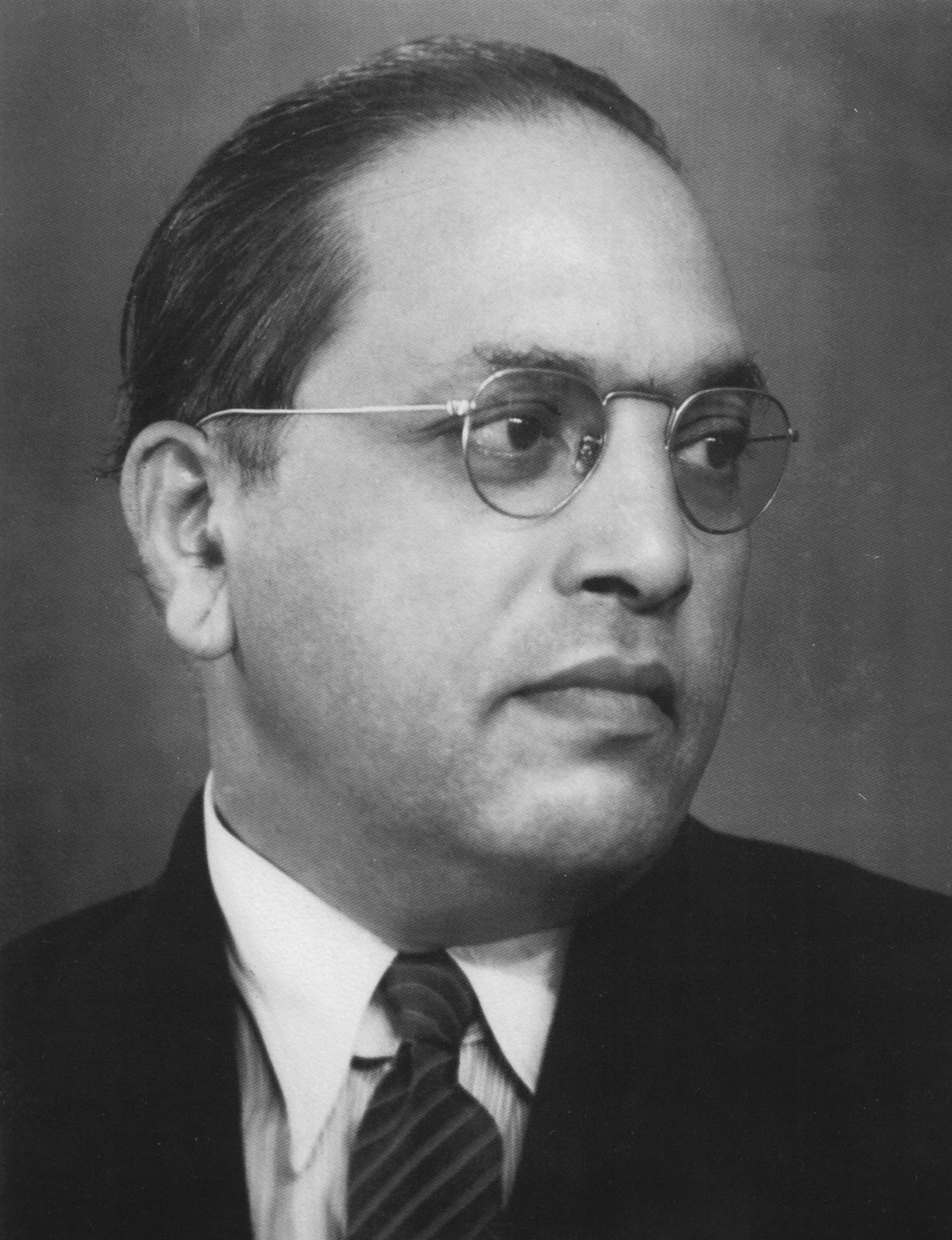Political Science for Civil Services Main Examination (2010)
B. R. Ambedkar: Frasi in inglese
Radical Equality: Ambedkar, Gandhi, and the Risk of Democracy https://books.google.co.in/books?id=K3c-CQAAQBAJ&pg=PA303&lpg=PA303&dq=Religion+must+mainly+be+a+matter+of+principles+only.+It+cannot+be+a+matter+of+rules.+The+moment+it+degenerates+into+rules,+it+ceases+to+be+a+religion,&source=bl&ots=Z580zN8EaN&sig=pw39zHdZTHfmGbLTLRRVLNX-WwA&hl=en&sa=X&ved=0CC4Q6AEwA2oVChMIxLm9qfeSyAIViAuOCh2Phg9p#v=onepage&q=Religion%20must%20mainly%20be%20a%20matter%20of%20principles%20only.%20It%20cannot%20be%20a%20matter%20of%20rules.%20The%20moment%20it%20degenerates%20into%20rules%2C%20it%20ceases%20to%20be%20a%20religion%2C&f=false
Origine: Pakistan or The Partition of India (1946), p. 301
228-230
Pakistan or The Partition of India (1946)
294
Pakistan or The Partition of India (1946)
“If I find the constitution being misused, I shall be the first to burn it.”
Political Science for Civil Services Main Examination (2010)
Origine: Pakistan or The Partition of India (1946), p. 228
Origine: Pakistan or The Partition of India (1946), pp. 330-331
Political Science for Civil Services Main Examination (2010)
"The Decline and Fall of Buddhism", in Dr. Babasaheb Ambedkar: Writings and Speeches, Vol. III (1987), Government of Maharashtra, p. 238
quoted in Dhanajay Keer: 'Dr Ambedkar: Life and Mission', p.279).
As recorded in the, Writings and Speeches Vol 15 page 582 of BAWS. https://www.mea.gov.in/Images/attach/amb/Volume_15.pdf
Political Science for Civil Services Main Examination (2010)
Pakistan or The Partition of India (1946)
Pakistan or The Partition of India (1946)
Pakistan or The Partition of India (1946)
Pakistan or The Partition of India (1946)
Pakistan or The Partition of India (1946)
Pakistan or The Partition of India (1946)
Pakistan or The Partition of India (1946)
Origine: Pakistan or The Partition of India (1946), p. 186-7
Origine: Pakistan or The Partition of India (1946), Chapter 7
Origine: Pakistan or The Partition of India (1946), Chapter 7
Who were the Shudras? (1946)
Who were the Shudras? (1946)
Who were the Shudras? (1946)
Who were the Shudras? (1946)
“The Brahmin of Panjab is racially of the same stock as the Chamar of Punjab.”
... "Caste system does not demarcate racial division. Caste system is a social division of people of the same race.
Annihilation of Caste. See p.49 of his Writings and Speeches, vol.1, Education Dpt., Government of Maharashtra 1979. Quoted from Elst, Koenraad (1991). Ayodhya and after: Issues before Hindu society.
“The history of India is a history of mortal conflict between Buddhism and Brahmanism.”
As quoted in The Radical in Ambedkar: Critical Reflections
As quoted in http://www.columbia.edu/itc/mealac/pritchett/00ambedkar/txt_ambedkar_salvation.html
